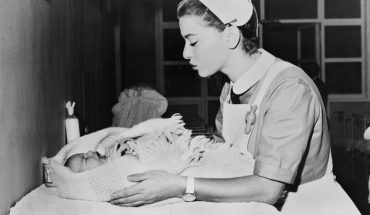GPs are in the vanguard when it comes to deciding the treatment options for people with Irritable Bowel Syndrome and they often have to make decisions after just a few minutes with a patient complaining of typical symptoms like pain, diarrhoea and bloating.
Unfortunately, too often, GPs refer patients straight to secondary line specialists, who perform procedures including colonoscopy to rule out cancer and other serious issues. When nothing is found, (as is often the case with IBS), the patient is discharged and back where he or she started. The merry-go-round can waste years when effective treatment could have been started, not to mention time and money.
The merry-go-round can waster years when effective treatment could have been started, not to mention time and money.
In some cases, people are put on inappropriate medications such as opioids for years to cope with severe pain that they could have avoided.
In my opinion, simple misunderstanding means that patients undergo unnecessary and uncomfortable procedures. There is infact a protocol that exists for suspected IBS patients, but it is rarely followed.
Ideally, if patients can use self help methods to control the symptoms of IBS they should be referred to a dietitian (according to NICE guidelines) who can help them manage their symptoms with more directed dietary intervention.
IBS is a complicated beast but there are a number of different areas of diet that can be managed to alleviate symptoms, for example:
· Trying a FODMAP diet
· Going gluten-free
· Cutting out dairy or swapping to milk containing only the A2 protein
· Looking at fibre in the diet
These dietary changes will alleviate the symptoms in 60-70 per cent of IBS patients.
However, there are a substantial group of IBS sufferers who will not get relief from their symptoms by dietary means alone. This group, which may well report that their symptoms began after a nasty bout of gastroenteritis, is often ignored. In fact, the latest NICE guidelines for the treatment of IBS only mentions bacteria once and this is to say that you don’t need to test for it!.
It is now well known that IBS symptoms can be caused by overgrowth of the gut bacteria in the small bowel.
It is now well known that IBS symptoms can be caused by overgrowth of gut bacteria in the small bowel.
Persistent overgrowth in the small bowel causes nausea, pain and cramping and in turn can lead to sugars arriving in the large intestine before they can be digested properly. These sugars are then fermented rapidly this first part of the colon, causing excessive painful gas and irritating the gut lining. This speeds up transit of the contents of the colon, causing loose bowel movements and inhibiting absorption of nutrients and water.
- The merry-go-round of IBS - 5th March 2017







